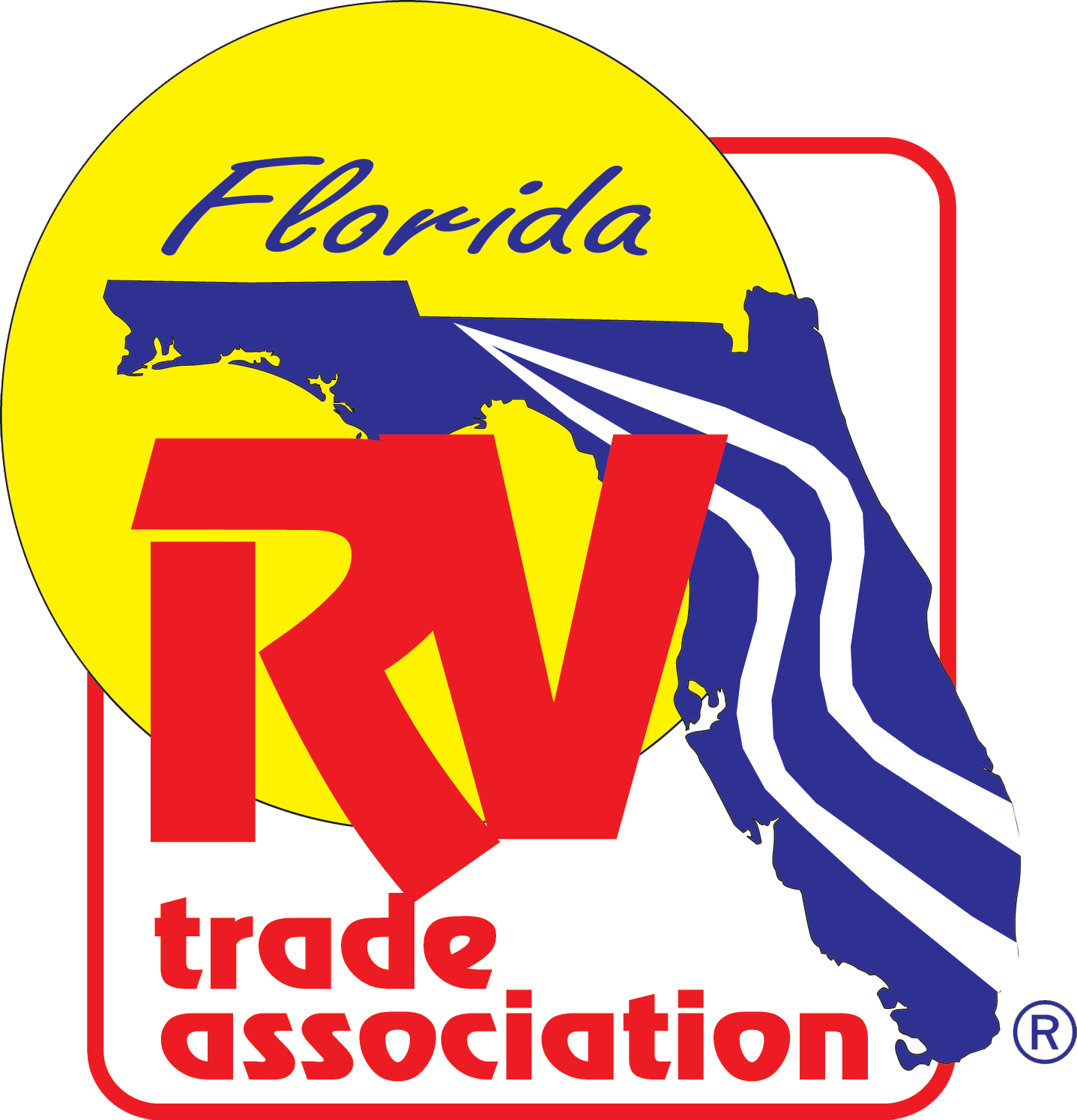Not every state allows for a third-party trade in, but Florida does! Although a third-party trade isn’t exactly common, there are some things to know should you come across one.
Basically, this type of transaction is where a customer who is purchasing an RV will offer someone else’s vehicle as a trade-in toward their purchase. Florida statues do not require the vehicle being traded in to be titled in the name of the customer who is making the new purchase. However, if this type of trade-in is to be considered, it needs to be done in a “single transaction”. That means the owner of the trade-in needs to assign the title to the dealer making the sale and that vehicle needs to be included on the sales contract as the “trade-in” vehicle. Also, should you accept a third-party trade, know that the trade allowance (the amount offered on the trade) will be deducted from the taxable amount on the sale of the new RV.
Here is an example; Joe wants to purchase an RV from you for $50,000.00. He doesn’t have anything to put toward his new purchase but his generous friend Bob would like to help him out. Bob wants to offer his car he no longer drives as a trade-in on Joe’s new RV. The value of Bob’s car is $10,000.00. To do this deal, Bob will assign his title to you and you will list his car as the trade-in on Joe’s RV sale contract. Bob will sign an affidavit acknowledging he is a willing participant in Joe’s purchase. Joe will pay sales tax on a purchase price of $40,000.00 (the original sale price less the trade-in value).
It would be a good idea to have a checklist and keep some forms on hand. You should have the Application for Title form HSMV 82040. You’ll want to fill this out like you would for any standard trade, and remember to include the trade in information at the bottom. Also, consider having a Gift Affidavit form on hand. This will protect the parties involved in the transaction and is used to acknowledge the third-party as voluntarily relinquishing their ownership and rights of the trade. You’ll want to make sure that is signed and notarized to avoid any dispute in the future. If you don’t already have a Gift Affidavit form that you use, please consult with your attorney to draft one for you.
